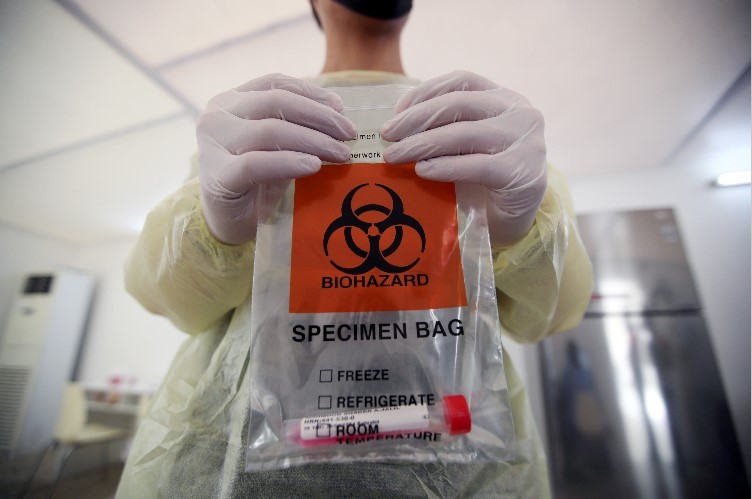Malaysia and The Philippines discovered a new SARS-CoV-2 mutation, identified as the D614G. The same virus mutation was already a pre-dominant virus in Europe and the United States. Unfortunately, the virus was said to be '10 times more infectious' than the normal virus strands found in most countries. Here's how dangerous can it be.
D614G COVID-19 mutation found in Asia!

According to Bloomberg, Malaysia has detected a new COVID-19 mutation that is '10 times more infectious.' The strand is called D614G which was earlier seen in other parts of the world.
"It is found to be 10 times easier to infect other individuals and easier to spread if spread by 'super spreader' individuals," Dr. Noor Hisham said in a statement posted on his Facebook page on Sunday, Aug 16.
The Malaysian Institute for Medical Research discovered the virus strands on three cases from the country's two cluster areas.
Aside from Malaysia, another Asian country that discovered the same mutation strands was The Philippines. The 'G' variant was found in a small number of population in the country.
"The D614G mutation makes the virus more infectious... It can spread faster and overwhelm our healthcare system if we don't double our control efforts and so it can lead to a higher number of overall deaths," said Infectious diseases expert Dr. Edsel Salvana.
Both Asian countries advise their citizens to be extra careful about monitoring each of their health statuses. The government reminds them to regularly wash hands, wear face coverings, and other regulations.
What is this D614G mutation?

The D614G mutation is no longer new virus strands. In February, research proves that this virus mutation starts to show in China, and then European countries.
In March, the similar virus strands were found in some states in the United States.
"[New strains] are certainly something that scientists are watching for. And, in the midst of a pandemic for which we need vaccines and we need to understand what's happening with the disease, it's an important question," said Kanta Subbarao, a virologist at the Doherty Institute.
This mutation may not cause harm
Though the mutation part on the COVID-19 virus seemed to be scary, experts conclude that D614G does not exactly bring a major negative impact on developing vaccines.
Cell Press said that "it's impossible to conclude that a single mutation alone would have a major impact in a large, diverse human population based on in vitro infectivity and fitness data."
World Health Organization also supported this claim.
ALSO READ: US Rejects Russia's Vaccine Sputnik V; These Two Countries Say Otherwise
This article is owned by Tech Times
Written by Jamie Pancho
![Apple Watch Series 10 [GPS 42mm]](https://d.techtimes.com/en/full/453899/apple-watch-series-10-gps-42mm.jpg?w=184&h=103&f=9fb3c2ea2db928c663d1d2eadbcb3e52)



